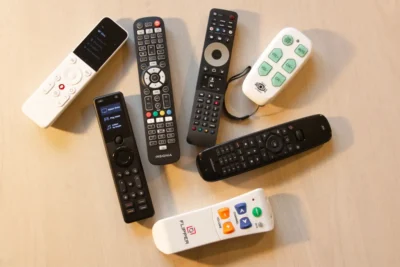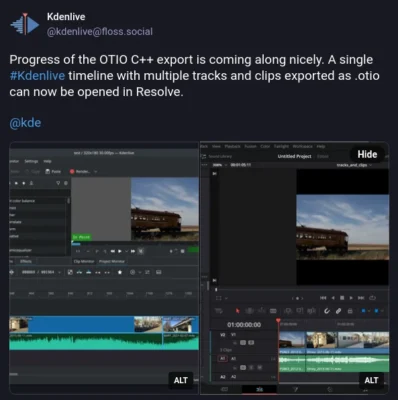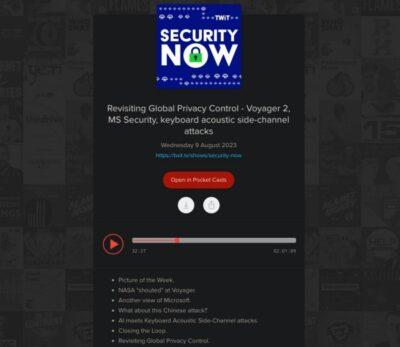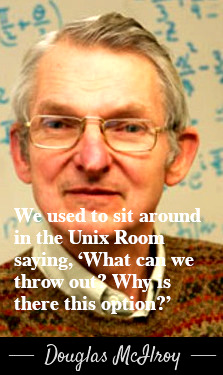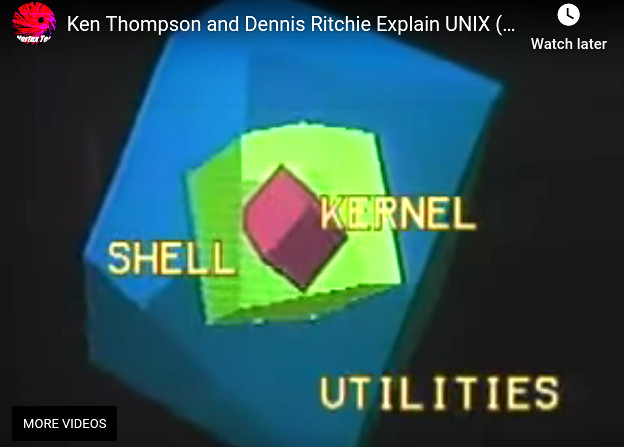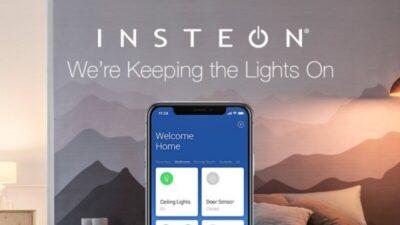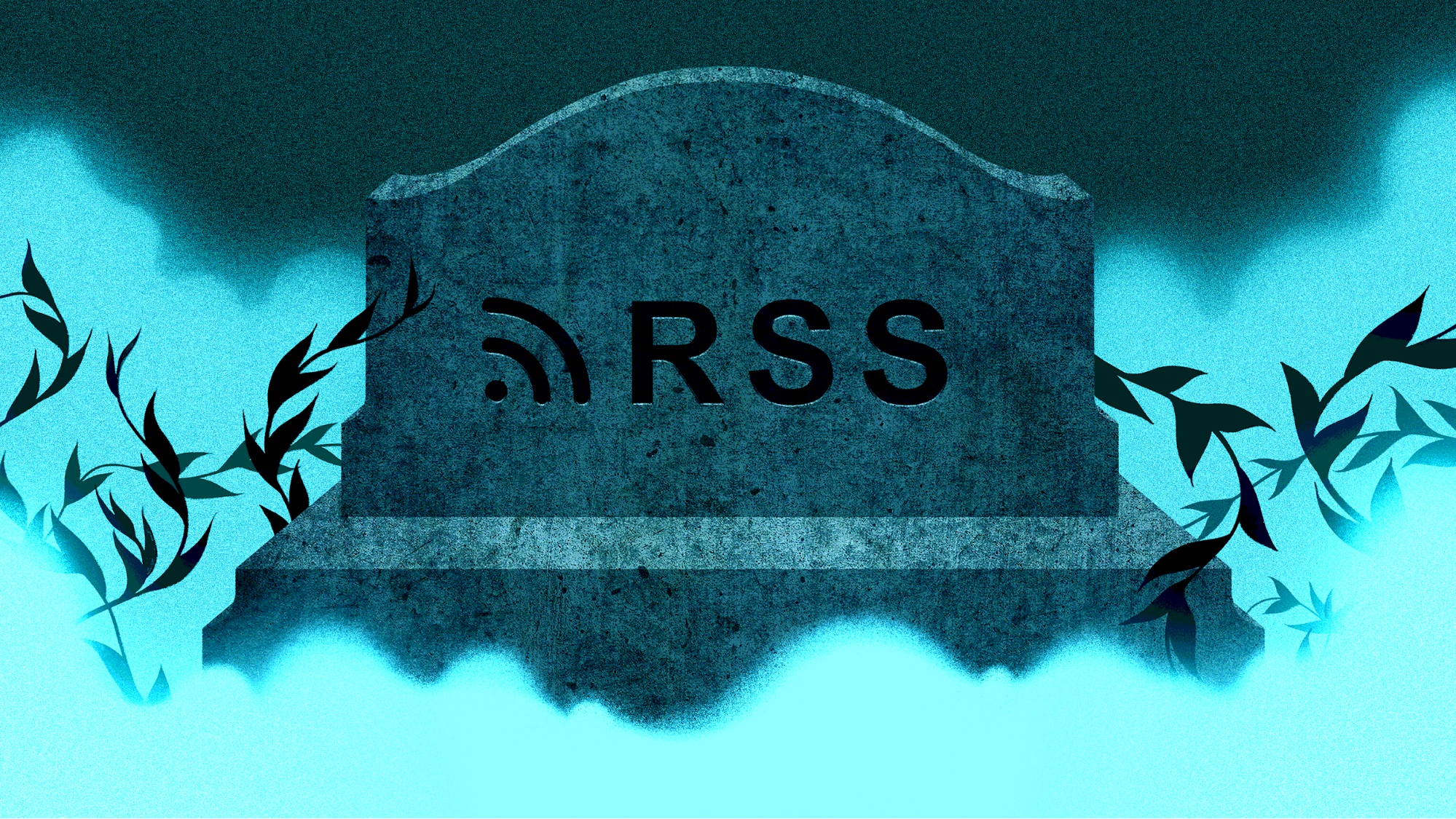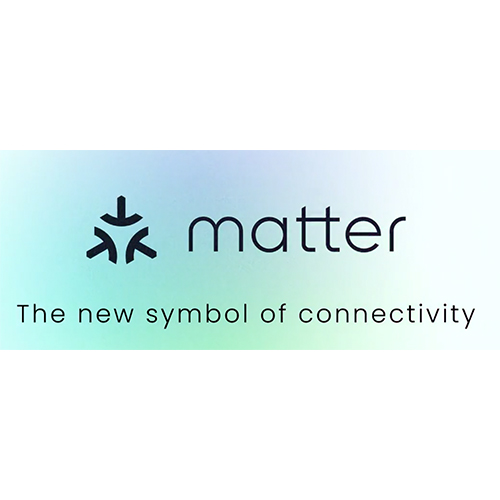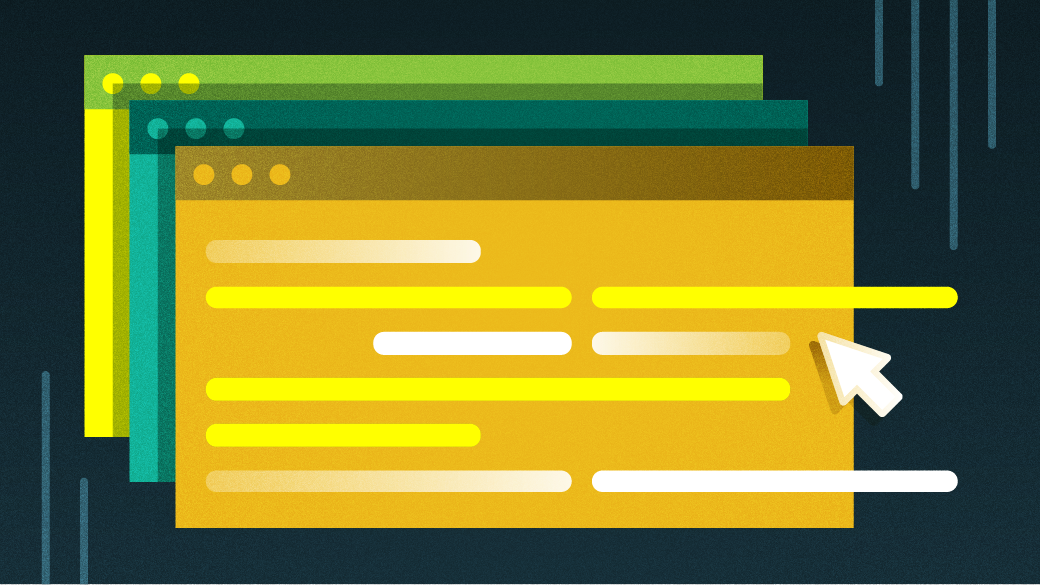Bluesky vs. Nostr vs. ActivityPub — Which Should Developers Care About More?

Yes, there is quite a debate raging across different networks about what protocol to support. Obviously, those who know only one well, are going to root for that one, irrespective of whether it may be the best one.
From a dev perspective, where do you throw your efforts in from a perspective of the future growth of the protocol, and how flexible and free is that protocol going to be to new ideas and advancements. The “best” protocol also does not necessarily mean it will be the most successful, or the most adopted one, as we’ve seen all sorts of politics, misinformation, bad PR, etc play a role in the past (just see what happened to the Zot protocol which has nomadic ID).
From a user perspective, what network do you join and put all your creativity efforts into?
There is no easy answer, and some have even suggested, to get away from the entrenched positions, why not create a brand new protocol! But that has actually happened repeatedly already, and none ever took the “ring that would rule all rings”. Client apps like Hubzilla and Friendica, of course, took the approach rather to support multiple protocols so that your one app connects across different networks. Maybe there is still something in that idea.
The Bluesky protocol may well be loosened up in future, and although ActivityPub is quite open (not owned by anyone), it is still actually quite limited in terms of not having profile migrations, groups, and other features. So yes, Nostr right now is probably the most open with devs registering NIPs (Nostr Implementation Possibilities), much like we also see with XMPP protocol’s XEPs. It all comes down then, to what NIPs a particular client supports.
Personally, as a user, I still long for a fully interoperable protocol, one for instant messaging, as well as for social networking (or combined into one). Look at e-mail. It may be very dated, but it made no difference which service your joined (apart from the domain name you got) and it always connected to other e-mail clients, and it is not owned by any one company or central server.
But whilst we have this situation, I’m wondering if we won’t see the emergence of some future “translation protocol” that will allow posts from XMPP to translate into ActivityPub, Bluesky, Nostr, etc, and go the other way too?
I do think users, at least, are starting to accept the situation of social networks going decentralised and federated, and are realising it is not so complicated to grasp. We’ve been spoilt and brainwashed too long by strong authoritarian centralised network services. If we don’t demand more open and interoperable social networks now, we are doomed to repeat the lock-ins of Twitter, Facebook, etc all over again. Then our friends can be on any network, and we can still interact fully with each other, like we’ve been doing with e-mail.
See https://thenewstack.io/bluesky-vs-nostr-which-should-developers-care-about-more/
#Blog, #interoperability, #openstandards, #protocols, #socialnetworks, #technology
